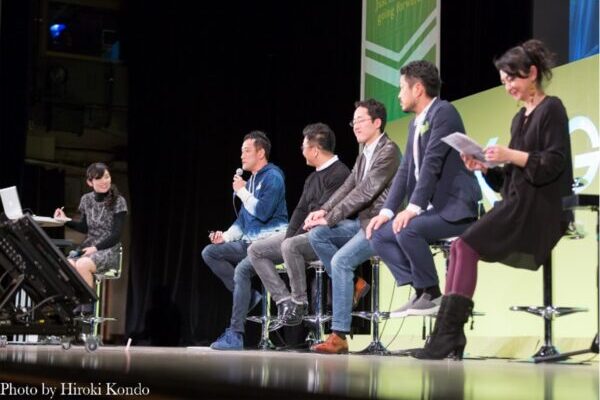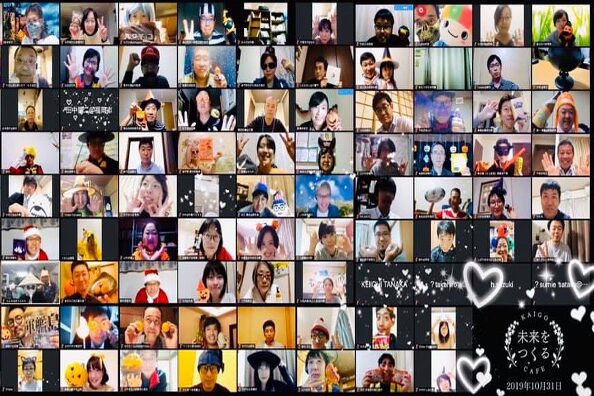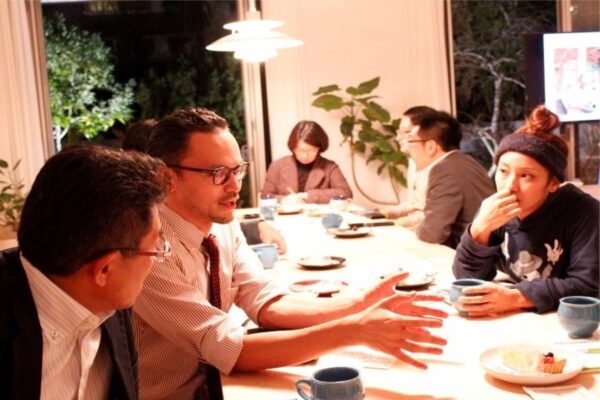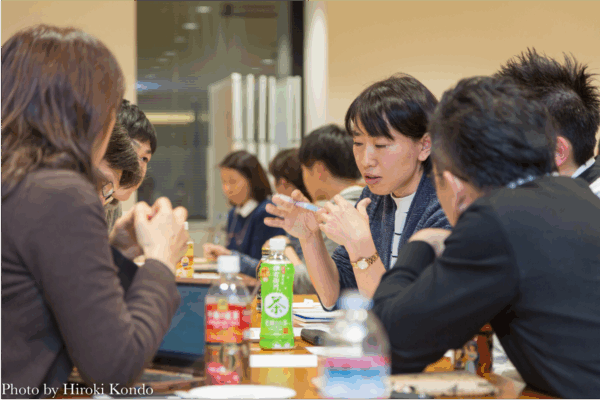2020 HAPI Japan Best Practice Winner
THE PROBLEM
The Japanese government estimated that in 2016 there were roughly 1.9 million people employed in caregiving (kaigo), and that within a decade, that number would grow to nearly 2.5 million. To meet that need would require adding 60,000 workers each year. But one issue for many in the field is that once they begin working, they no longer have opportunities to learn and grow in their career, or to share lessons and concerns with others in the field—particularly if they are providing home-based services. This lack of a sense of belonging to a professional community can be an impediment to attracting and retaining good personnel.
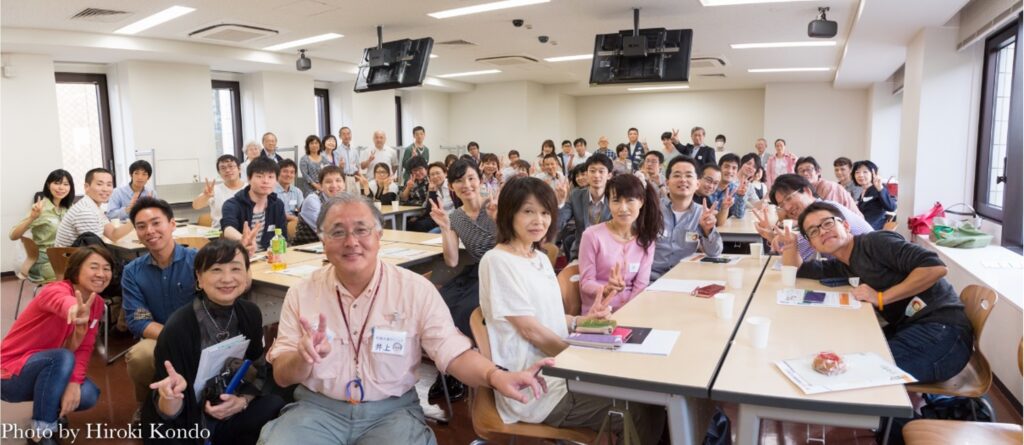
THE INNOVATION
Kaigo Café is a professional, multidisciplinary, offline and online network that has been carrying out grassroots activities throughout Japan since 2012. Organized by the civil society organization Mirai wo Tsukuru Kaigo Café (Caregiving Café to Create the Future), it is the largest informal community of care professionals in Japan, where various medical, nursing, and nursing care personnel can connect on an equal basis across businesses and regions. Currently, there are more than 350 Kaigo Café events have been held, allowing participants to empower one other through this professional network and contribute significantly to the continuous improvement of elderly care. The cafés allow participants to talk freely about their thoughts on nursing and medical care, regardless of their credentials or status, and come to new realizations and possibilities about themselves, allowing them to take on new challenges. As of 2025, they have engaged more than 40,000 people in these events.
The Café was initially launched in Tokyo, but due to the interest from other regions, they created a textbook and training course for facilitators who could develop Cafés in their own communities. During the pandemic, they also expanded the use of online gatherings. Other activities have included speaking engagements for school children to encourage interest in the field of caregiving, and workshops that offer skill development for caregivers.


